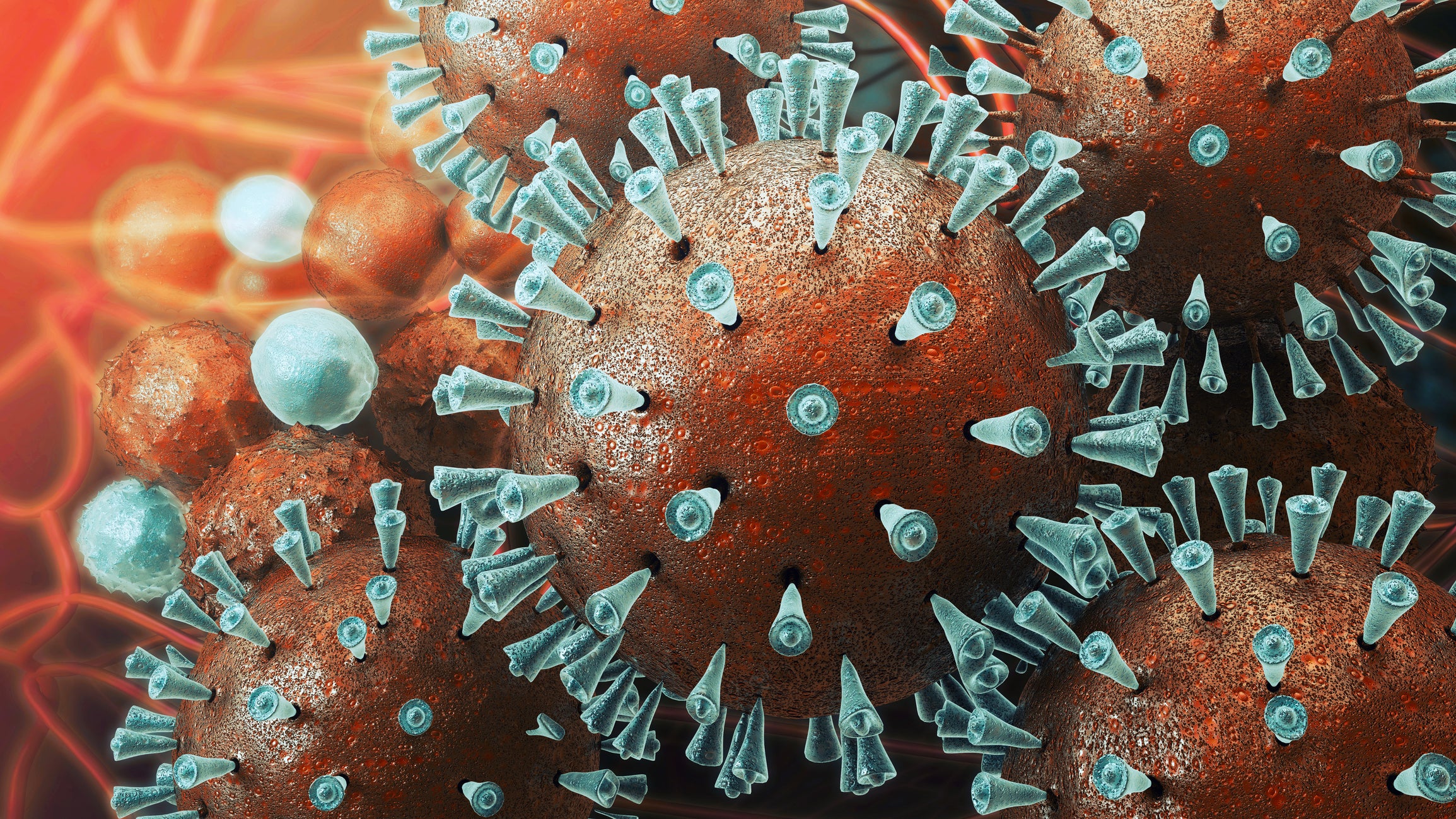Mycoplasma Genitalium: STI which could affect fertility is becoming resistant to antibiotics, warn doctors
One in 100 adults in the UK carry the disease

Your support helps us to tell the story
From reproductive rights to climate change to Big Tech, The Independent is on the ground when the story is developing. Whether it's investigating the financials of Elon Musk's pro-Trump PAC or producing our latest documentary, 'The A Word', which shines a light on the American women fighting for reproductive rights, we know how important it is to parse out the facts from the messaging.
At such a critical moment in US history, we need reporters on the ground. Your donation allows us to keep sending journalists to speak to both sides of the story.
The Independent is trusted by Americans across the entire political spectrum. And unlike many other quality news outlets, we choose not to lock Americans out of our reporting and analysis with paywalls. We believe quality journalism should be available to everyone, paid for by those who can afford it.
Your support makes all the difference.A little-known sexually transmitted infection is becoming resistant to antibiotics, health experts are warning.
The STI, which is called mycoplasma genitalium (MG), is thought to affect hundreds of thousands of people across the world, with figures from a recent study suggesting that one in 100 adults in the UK carry the disease.
As the number of cases of MG continue rise, health experts are concerned that that the STI is going unrecognised because it rarely causes symptoms.
However, signs of infection can include watery discharge from the penis or vagina and a burning sensation during urination.
Women may also notice pain during sex, bleeding after sex and bleeding between periods, the Melbourne Sexual Health Centre reports.
Worryingly, if left untreated, MG can also lead to lead to infertility and premature births.
“Although mycoplasma genitalium has been known about for a few decades, it’s only more recently that research has suggested that it can be transmitted sexually, and it’s not usually included as part of a routine STI screening, which helps explain why not many people have heard of it,” Bekki Burbidge, Deputy Chief Executive of the sexual health charity Family Planning Association (FPA), told The Independent.
While MG can be treated using antibiotics, the rapid increase of the infection means that it is becoming harder to treat and in some instances drug-resistant.
However, a new Australian-developed test which checks patients for strains of the infection that are resistant is being made available to doctors.
Nonetheless, Burbidge warns that because so many “steal STI’s” like MG often don’t show signs or symptoms, you should always get tested if you think you are at risk.
“Don’t wait for signs and symptoms to show up before getting yourself tested,” she explains.
“Because many people with STIs don’t have any symptoms, that also means you can’t always tell whether someone has one or not.
“So to reduce your risk, it’s far better to practice safer sex and use condoms or dams.”
Join our commenting forum
Join thought-provoking conversations, follow other Independent readers and see their replies
Comments